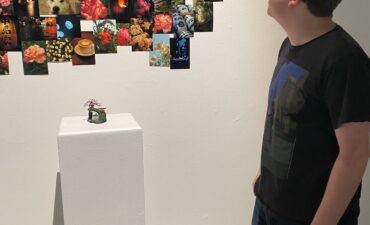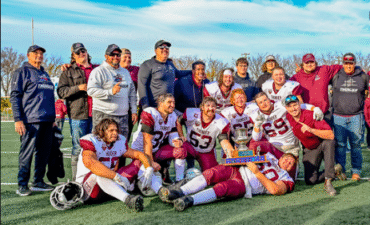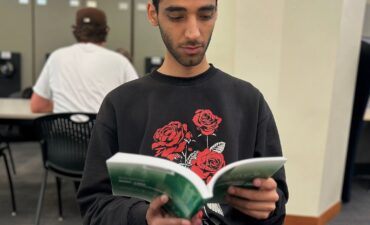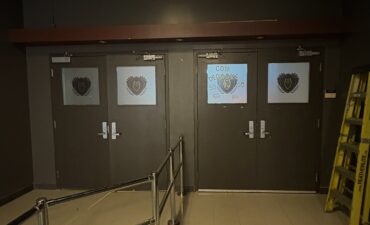
Prominent Regina feminists want the definition of feminism to be expanded to include human rights issues for all ethnicities.
Alejandra Cabrera, founder of Regina’s Feminist Killjoy Club, and Brittany Muir, a feminist advocate, believe failing to include groups such as the LGBTQ+ and Indigenous people is hindering the purpose of feminism.
Although feminism might have begun with women pushing for women’s rights, Muir said the term now encompasses much more.
“There’s a misconception that feminists are white women who are fighting to get paid the same as men, and there are definitely women who fit that description who are feminists, but it’s so much more than that,” said Muir.
“If we follow that misconception that it’s just white women who are feminists, then we also lose the work that feminists are doing trying to empower other groups of people.”
Cabrera said feminism means pushing for equal human rights for all peoples and anyone – regardless of gender – can be a feminist.
“If one person is experiencing inequity, we’re all experiencing inequity, so we need to empower each other in order to move forward,” she said.
In Regina, Cabrera said Indigenous women and LGBTQ+ people need more of a voice in feminism in particular, as both experience high rates of violence across the province.
She said Regina needs to recognize that any human rights issues are feminist issues, and that these concerns should be looked at through more than one lens.
“It’s important that we do look at (these issues) in a feminist point of view, but looking at it also out of an Indigenous feminist point of view, a trans feminist point of view, because every issue, even though they affect us all, they affect us all very differently,” Cabrera said.
But broadening the banner of feminism does not stop with just these two issues.
Domestic violence, homophobia, homelessness and addictions can all be viewed through a feminist perspective, said Muir.
“If we could use feminism to see those issues in a deeper way, I think that we could affect a lot more change and bring more people together to see that the change is necessary and that they can do something about it,” she said.
Cabrera also hopes to see the Queen City drop the ethnic stereotype she said feminists face.
As a first generation Chilean Canadian, Cabrera often comes face-to-face with these stereotypes. When she corrects her friends’ sexist comments, she said she is often labelled as a feisty Hispanic woman looking for a fight.
“You take these opportunities to educate other people. It creates dialogue, so at least there’s that,” she said, finding a positive in the negative.
Women of colour also often face the stereotype by being labelled just an “angry black woman,” she said.
Cabrera believes Saskatchewan’s traditionally conservative and “boys club mentality” has hindered Regina’s feminist community from growing and challenging a narrow definition of feminism.
For Muir, doing nothing to change this is not an option.
“We need to be proactive in this and understand that neutrality and kind of pretending it doesn’t exist, that’s actually an active role. If we decide not to take action, we’re actually still taking action but in the wrong direction,” she said.
Everyday interactions with people are a good place to start, she suggested. Whether it’s taking the time to start conversations around trans issues or rape culture, getting people thinking about these topics can make a difference, she said.
Cabrera believes to broaden the feminist dialogue, Regina needs to bring in and listen to diverse voices to learn about their struggles and concerns, providing a platform for people whose voices aren’t being heard.
In the wake of the #MeToo movement, Cabrera believes there is no better time to start making these changes.
“It’s an opportunity for us to finally have some of these difficult conversations and make the changes that have been long overdue,” she said.















